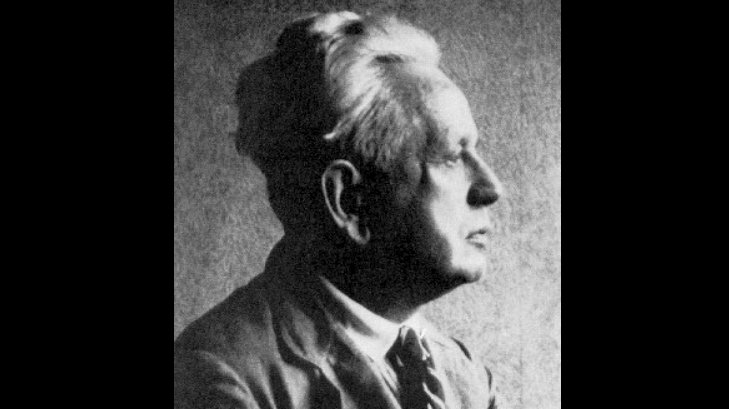Who is Ernst Cassirer? Information on German philosopher Ernst Cassirer biography, life story, works and thoughts.
Ernst Cassirer; (1874-1945), German philosopher, who was an important exponent of neo-Kantian philosophy and was particularly concerned with the function of symbols in human knowledge. He was born at Breslau, Lower Silesia, on July 28, 1874, and studied at the universities of Berlin, Leipzig, and Heidelberg, and at Marburg, where he was a follower of Hermann Cohen’s neo-Kantianism. Cassirer became a professor at the University of Hamburg in 1919 and rector in 1930. A Jew, he resigned his post in 1933 and fled Nazi persecution. He taught at Oxford in England, at Göteborg in Sweden, and at Yale and Columbia in the United States. He died in New York City, on April 13, 1945.

Source : wikipedia.org
Thought and Works:
Cassirer accepted Kant’s categories of thought as man’s way of understanding the universe and also accepted Kant’s critical method. He held, however, in Das Erkenntnis-problem in der Philosophie und Wissenschaft der neueren Zeit (1906-1920; Eng. tr., Problem of Knowledge: Philosophy, Science, and History Since Hegel, 1950) and in Substanzbegriff und Funktionsbegriff (1910; Eng. tr., Substance and Function, 1923) that Kant’s list of categories was incomplete and did not adequately explain the process of perception and that his critical method should be extended to domains of reality not encompassed by Newtonian physics.
Cassirer’s major work, Philosophie der symbolischen Formen (1923-1927; Eng. tr., Philosophy of Symbolic Forms, 1953-1957), and two later works in English, Essay on Man ( 1944) and Myth of the State (1946), maintain that man structures his world through the symbolic forms of myth and language. Language especially is the means by which the manifold sense impressions are formed into objects of thought. Therefore, to ask what reality is apart from the forms inherent in language is absurd. Through his use of symbols, Cassirer continued, man is distinguished from animals and creates the peculiarly human phenomenon of culture. Cassirer also explored such aspects of culture as art, science, and historiography in terms of symbolic transformation of experience.
As an intellectual historian, he wrote Individuum und Kosmos in der Philosophie der Renaissance ( 1927; Eng. tr., Individual and the Cosmos in Renaissance Philosophy, 1964 ) and Philosophie der Aufklärung ( 1932; Eng. tr., Philosophy of the Enlightenment, 1951).